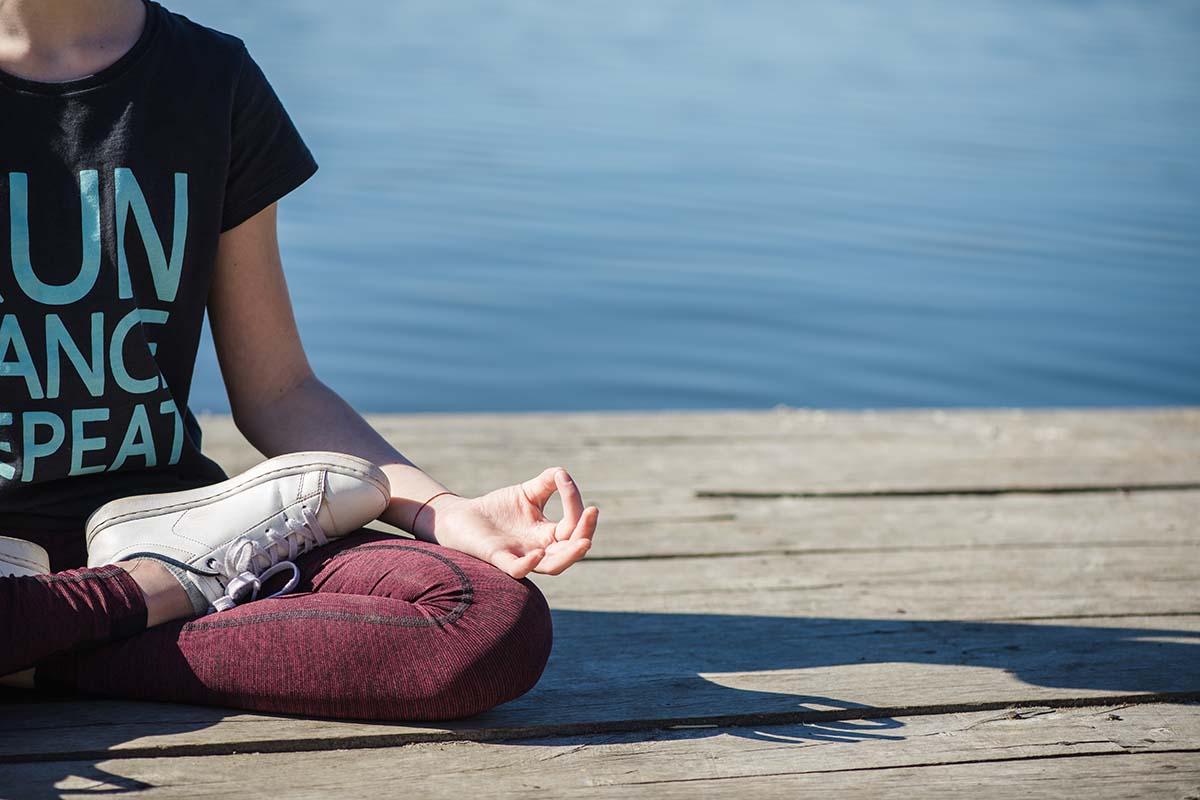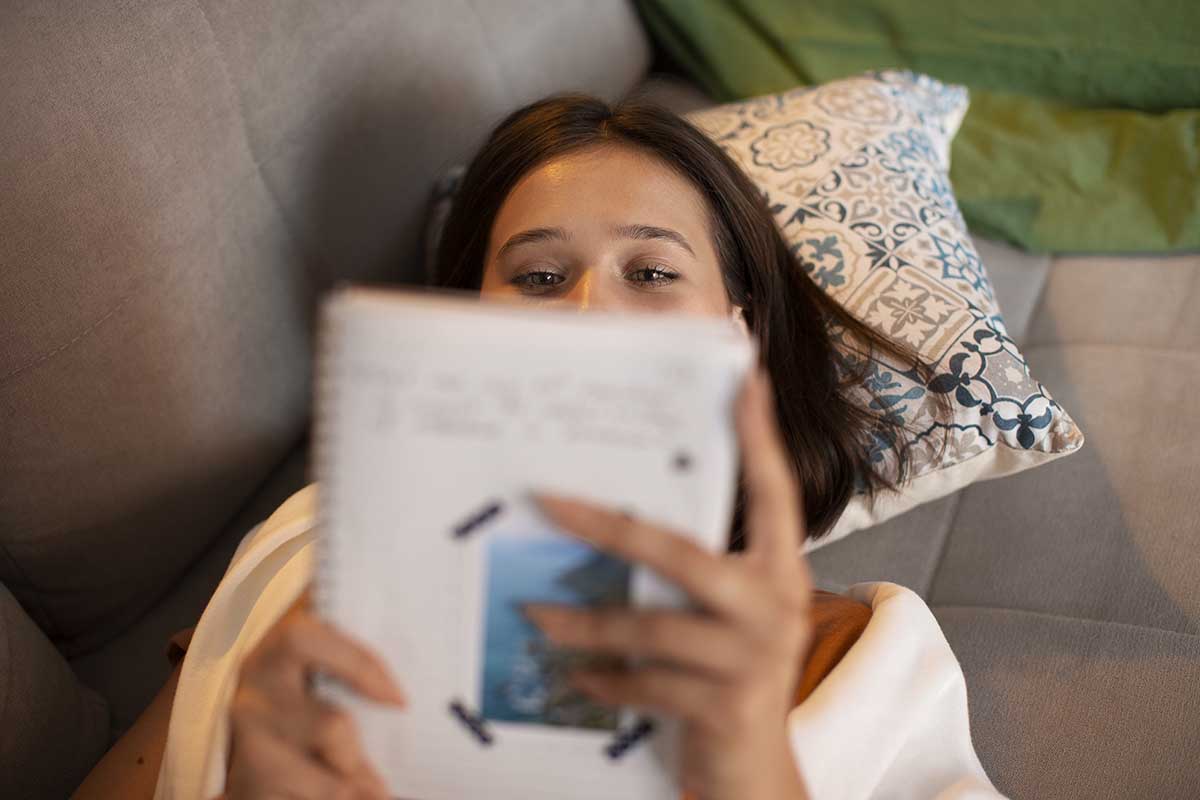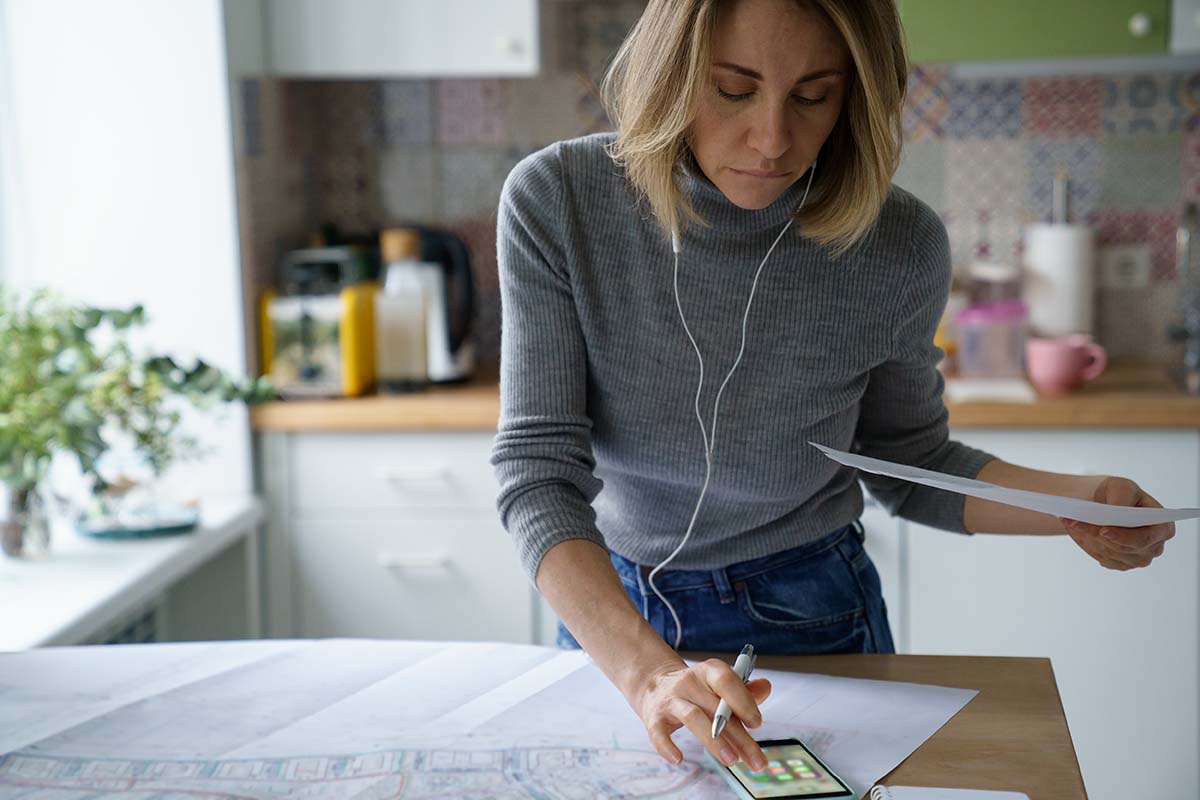Simple Habits for a Calmer Life without Anxiety
Key Points
Anxiety Is Manageable with the Right Tools. A significant portion of the population is living with anxiety, but through self-awareness and consistent self-care practices like CBT, journaling, and meditation, it can be effectively managed.
Mindfulness and Lifestyle Habits Are Crucial. Regular mindful meditation, quality sleep, and engaging in enjoyable hobbies can break the cycle of anxiety and create emotional resilience.
Support and Self-Compassion Are Key. Professional therapy, support groups, and practicing positive self-talk help reframe negative thought patterns and create lasting mental and emotional improvements.
Are you feeling lost in your fears?
Common symptoms of anxiety like difficulty concentrating, feelings of dread, fear, irritability, rapid heartbeat and panic attacks even in nonthreatening situations can seriously take a toll on one’s living, and anxiety disorder is an unavoidable part of nearly 20-25% of the US population.
Dealing with anxiety on a regular basis is tough, but it is possible to have an anxiety disorder and still have a good quality of life.
Living with anxiety means understanding that general anxiety is different from situational anxiety.
It doesn’t always come from life changes or stress. Instead, it often links to irrational thoughts.
That’s why coping with general anxiety requires developing healthy self management strategies, and our editorial team guides you every step of the way.
Identifying Triggers: How Does Anxiety Affect Your Life?
Some of the common anxiety triggers are stressful situations, phobias, and traveling.
As well as caffeine and other mental and physical illnesses.
It is important to identify the trigger that makes you feel anxious and nauseous, alone or with a therapist, and limit its exposure.
For example, you can try to change your work environment.
Otherwise, for those living with anxiety, practicing self-care activities can help ease anxiety-inducing situations.
Destress Your Body And Mind With Regular Meditations
Mindful meditation isn’t about emptying your mind – that’s often an unrealistic (and frustrating) goal. Instead, it’s about training yourself to observe your thoughts and feelings without judgment.
Imagine watching your thoughts float by like clouds in the sky, acknowledging their presence but not getting swept away by them.
When anxiety strikes, your mind can become a whirlwind of worst-case scenarios.
Meditation helps you ground yourself in the present moment, focusing on your breath, a sound, or a physical sensation.
This allows you to interrupt the cycle of anxious thinking and create space for calm.
Meditation isn’t just for monks on mountaintops. It’s a powerful tool for anyone seeking to quiet the mental chatter and reconnect with the present moment.
Mindful meditation, in particular, focuses on observing your thoughts and feelings without judgment.
As thoughts arise (and they will!), simply acknowledge them and gently redirect your attention back to your breath.
Prioritizing Rest For A Calmer Mind
Sleep deprivation and anxiety are often locked in a vicious cycle.
Lack of sleep can worsen anxiety, and anxiety can make it difficult to fall asleep.
Breaking this cycle by establishing a consistent sleep routine is crucial.
Go to bed and wake up at the same time every day, even on weekends.
Create a relaxing bedtime routine that might include a warm bath, reading a book (a real book, not scrolling on your phone!), or listening to calming music.
Make sure your bedroom is dark, quiet, and cool, and don’t enjoy Netflix or 22casino login games before getting to sleep.
Find An Interesting Hobby: Engaging Your Mind, Soothing Your Soul
When anxiety takes over, it’s easy to get caught up in rumination and worry.
Engaging in a hobby you enjoy can provide a much-needed distraction and a sense of accomplishment.
Choose an activity that you find genuinely enjoyable and that allows you to focus your attention.
This could be anything from painting and knitting to playing a musical instrument, hiking, or learning a new language.
Hobbies provide a sense of purpose and mastery.
They can boost your mood by releasing endorphins, the brain’s natural mood boosters.
They also offer a break from the pressures of daily life and a chance to connect with others who share your interests.
Try Cognitive Behavioral Therapy (CBT) & Join A Support Group
CBT is a therapy that helps people spot and change negative thoughts and behaviors.
This can reduce anxiety. A therapist will work with you to identify your specific anxiety triggers and develop coping strategies to manage them.
You’ll learn to challenge negative thoughts, reframe your perspective, and practice relaxation techniques.
Ask your doctor or therapist for recommendations. You can also search online for local or online support groups for anxiety.
The Anxiety & Depression Association of America (ADAA) is a great resource.
Journaling: Unleashing Your Thoughts, Understanding Your Feelings
Journaling is a powerful tool for processing emotions, identifying triggers, and gaining a deeper understanding of your anxiety.
Don’t worry about grammar or perfect sentences. Just let your thoughts flow freely onto the page.
You can write about anything that’s on your mind, from your anxieties and fears to your hopes and dreams.
Journaling can help you find triggers that worsen your anxiety and let go of built-up emotions.
If you’re not sure where to start, try using journaling prompts like: “What am I grateful for today?” “What are my biggest fears?” or “What are three things I can do to feel better right now?”
Opt For A Positive Self-Talk: Rewriting Your Inner Narrative Living With Anxiety
Anxiety can lead to negative self-talk.
It brings those harsh voices that say you’re not good enough, that you’ll fail, or that something bad will occur.
Learning to challenge these negative thoughts and replace them with positive affirmations can significantly impact your anxiety levels.
Pay attention to the negative thoughts that pop into your head, and ask yourself if there’s any evidence to support them. Are they based on facts or assumptions?
Putting it All Together: Creating Your Personalized Anxiety Toolkit
There’s no one-size-fits-all approach to managing anxiety.
Create your own personalized anxiety toolkit with a combination of these methods.
Remember to be patient with yourself, celebrate your progress, and seek professional help when needed. You’ve got this!






















